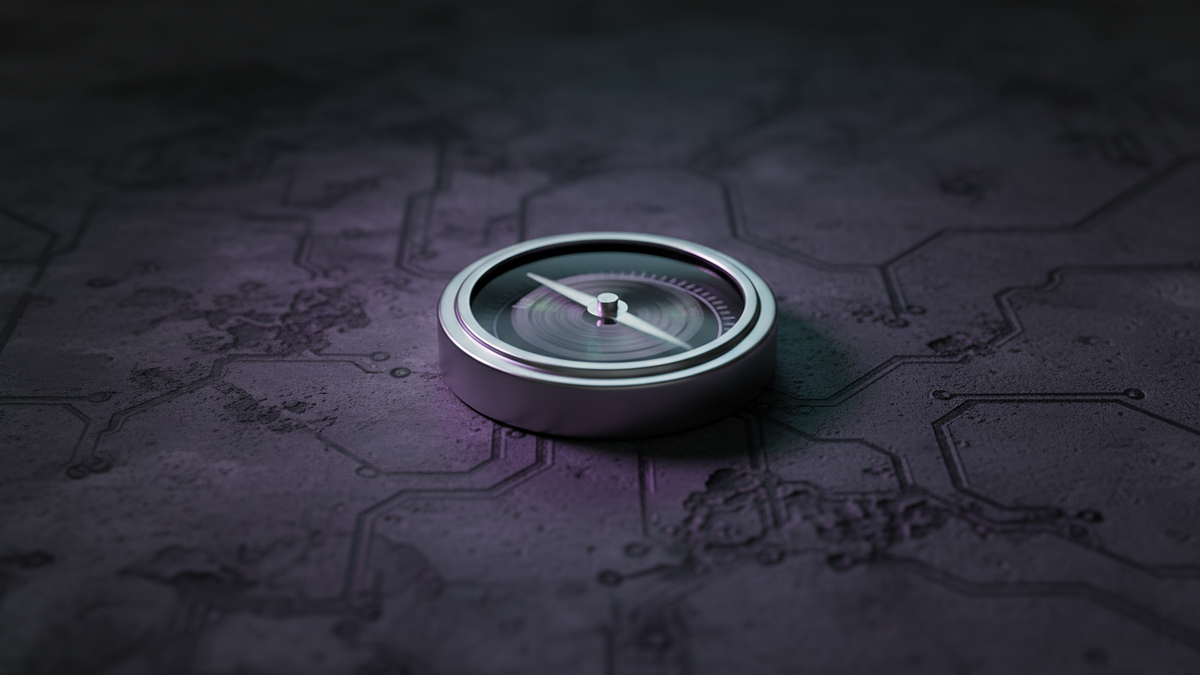Once upon a time, we joked about the Crackberry. Phone addiction was a metaphor. Today it feels very literal. Like most misfortunes, addiction happens slowly, then all at once. The dopamine hits – once distinct and pleasurable highs – become a blur. Time is lost, events tangled, memory muddled. Only you never wake up and ask “Where am I?” in a sex worker’s bed. You are always in your own bed when you are scrolling.
As a result, our zeitgeist is fixated on sobriety. The decline in drinking is the most obvious manifestation of our collective desire to regain control. But we can see the same pattern elsewhere. Crypto zealots are obsessed with escaping our addiction to debt. Climate-change activists are obsessed with ending our addiction to fossil fuels. Bryan Johnson’s Don’t Die movement has a checklist of compulsive taboos: our addiction to processed food, our addiction to a sedentary lifestyle, our addiction to plastic. He is very literal about the consequences. Your addictions will kill you.
These are all displacements, though. The real and unconquerable addiction is to our phones. This fact is made all the more uncomfortable in that we don’t really have a choice. Just try holding down a job without a phone. The radiation in your pocket might slowly be giving you cancer, but without it – in America at least – you won’t have healthcare.
Maybe this is why it feels as if everything is unravelling. Our interface with reality was designed with malicious intent. Thus, the expats of our age will be those who move offline, as much as it is those who move abroad. Living offline is the real luxury: something that is only affordable to elites. It is only by getting off our phones that we will ever collectively conquer our learned helplessness.
The recent uptick in Americans moving abroad is usually read solely as a symptom of Trump. But there is something broader happening. Moving is a circuit-breaker. It is a re-set. The social equivalent of a Wim Hof breathing session. The personally-branded iteration of the trans-cultural and trans-historical practice of deep breathing exercises resets your autonomic nervous system. It’s a physiological hack for psychological problems. To sort the anxiety emanating from your unconscious, you oxygenate your blood. We cannot consciously control our unconscious, but we can choose to do something that has that effect.
They say you can’t run away from your problems, but repositioning yourself is a tried and true way of reimagining your life.
There is a fork coming in the road.
There is one version of the future where AI recedes into the background and becomes infrastructural. It is silent, practical, essential like electricity, and the abundance it enables allows a logistical utopia in which humanity’s material wants are covered, leaving us to our own devices on the spiritual issues that have always plagued us. In this version, our context changes, but the human condition remains.
This is the bright future. The other is darker.
There’s a very real possibility that AI is the ultimate black hole, that The Matrix is the most probable outcome. In this future, we demand that AI solve the human condition for us, that it obliviate all our psychic pain.
It’s a fairytale trope, the wish gone wrong. The most obvious real-world example of this is opiates. They are miracles for those in pain and curses for those who seek to never feel pain again.
I think of people who indulge in these temptations as no-lifers. It began with television but has spread to streaming and scrolling. The noise and light blocks out the mind. You are never alone with your thoughts, but you are always alone with yourself. The immersive experience is a distraction from living your life. We are already halfway to the jack in the back of the head. Really, what does it matter?
You can run away from your problems, but you can’t run away from yourself. AI-generated alternate reality changes that. You can run away from yourself. The only problem being, when you run away from yourself, you stop existing. These futures are not mutually exclusive. Both options will likely exist. We may all begin as a lost generation, but only some will be found.
.png)




